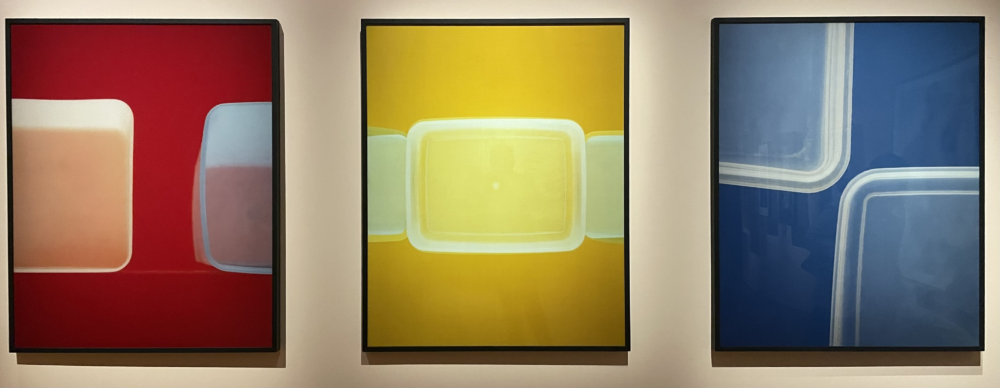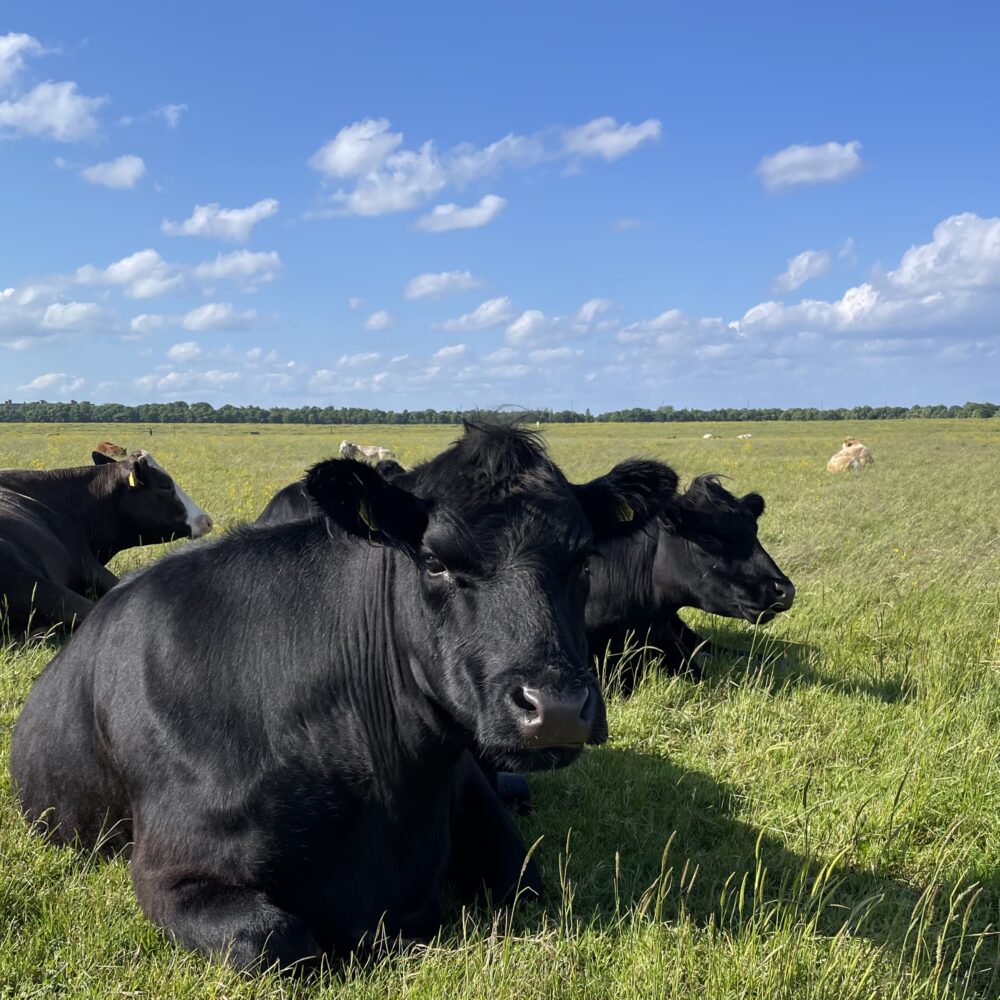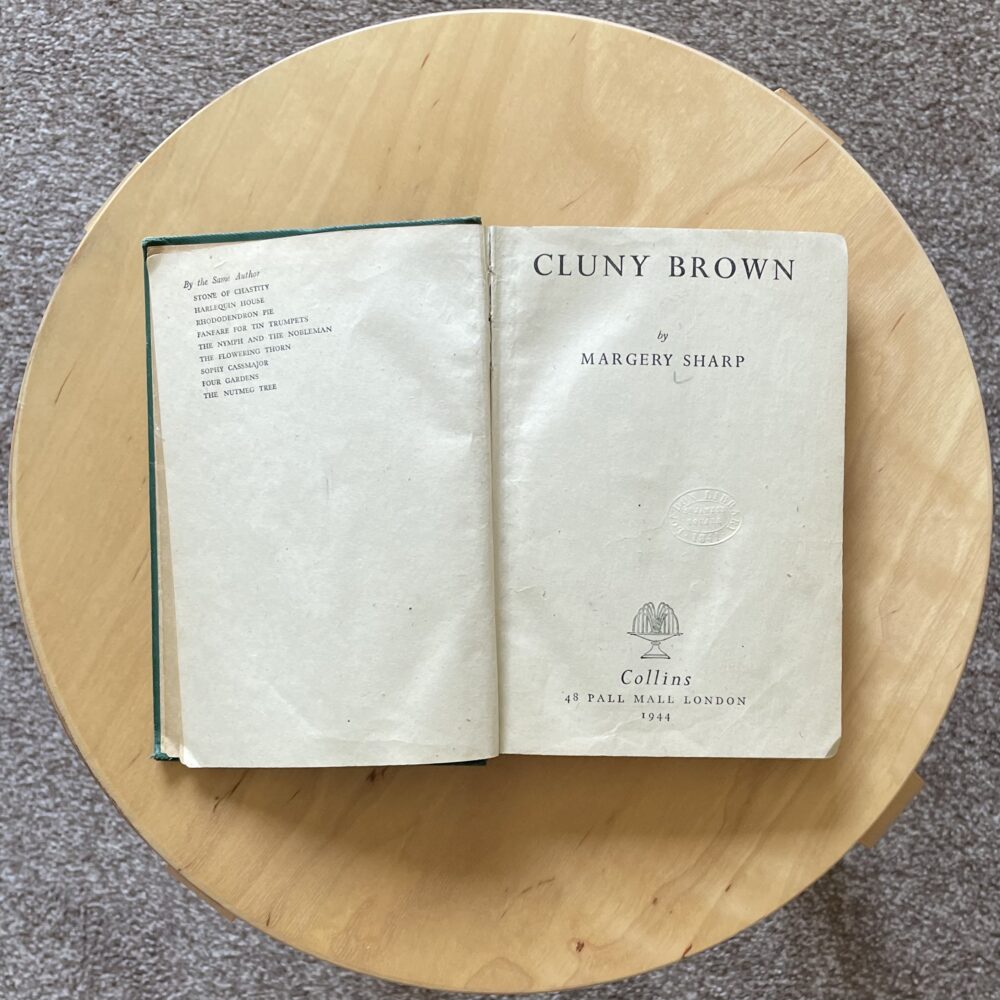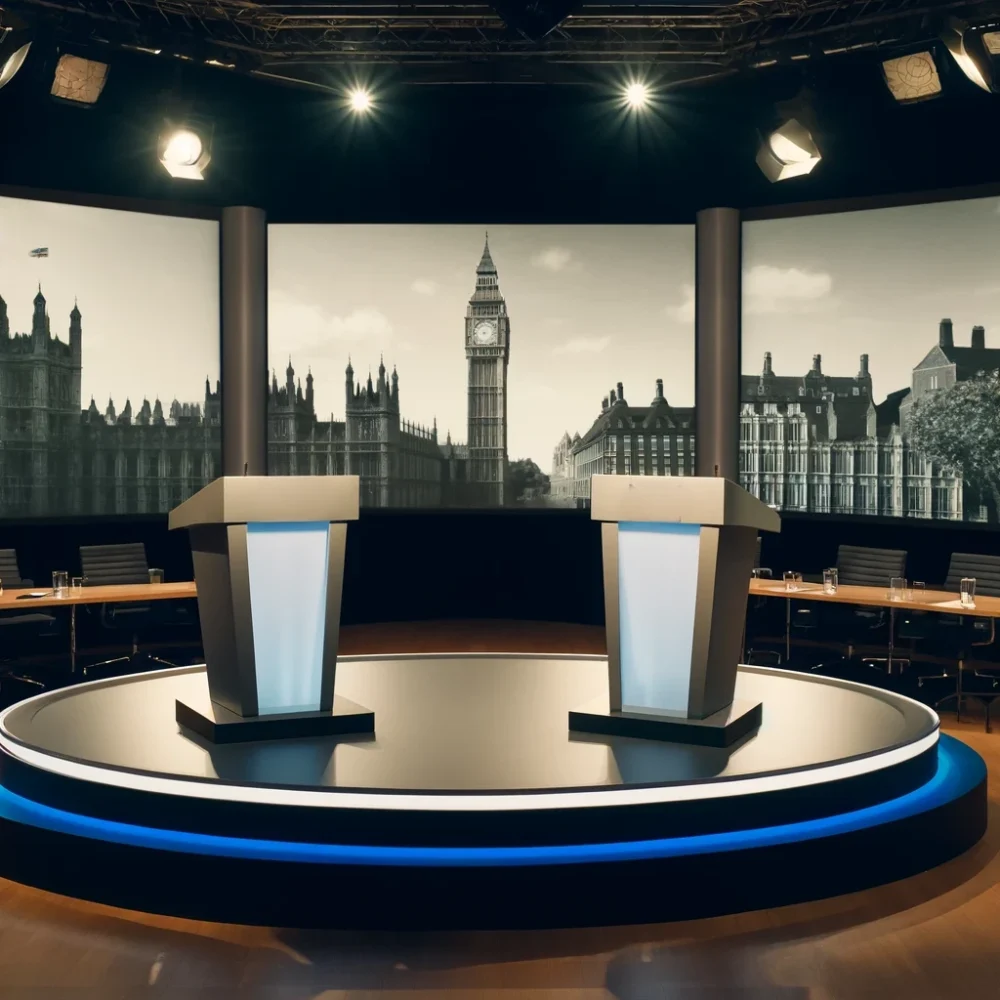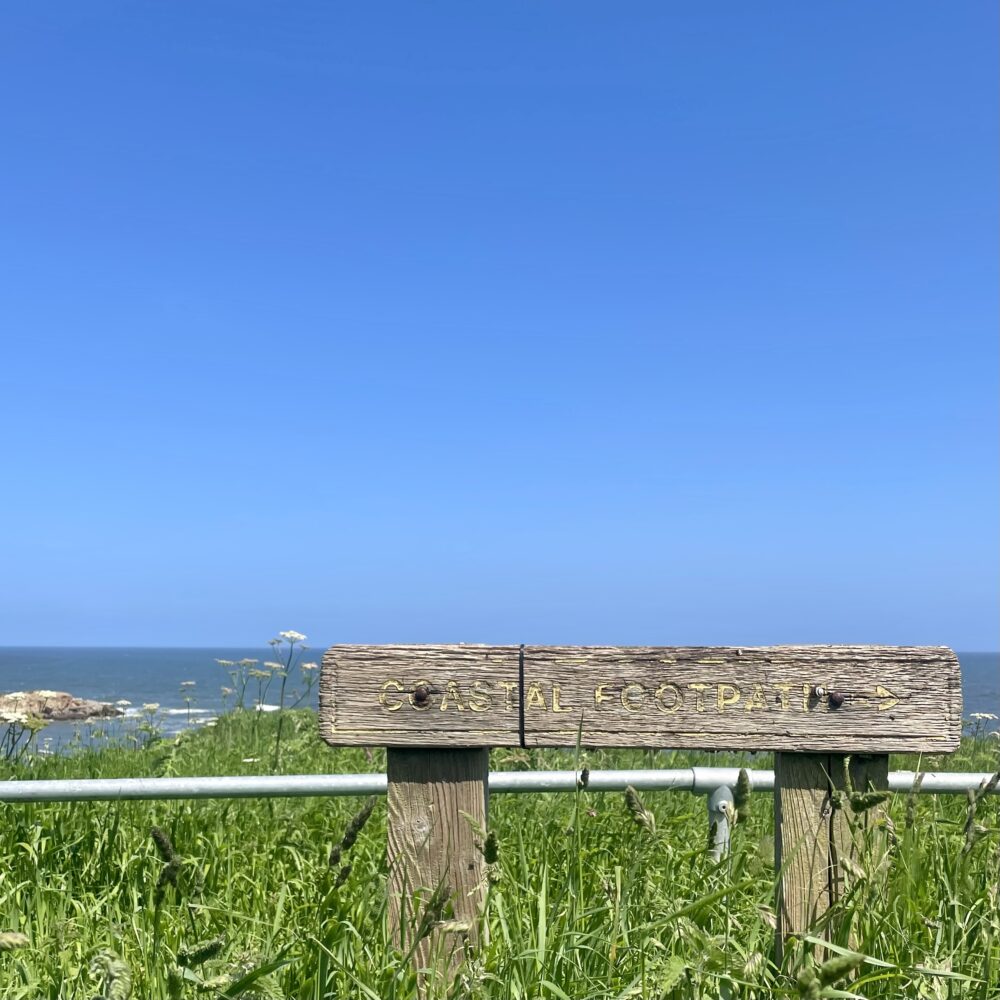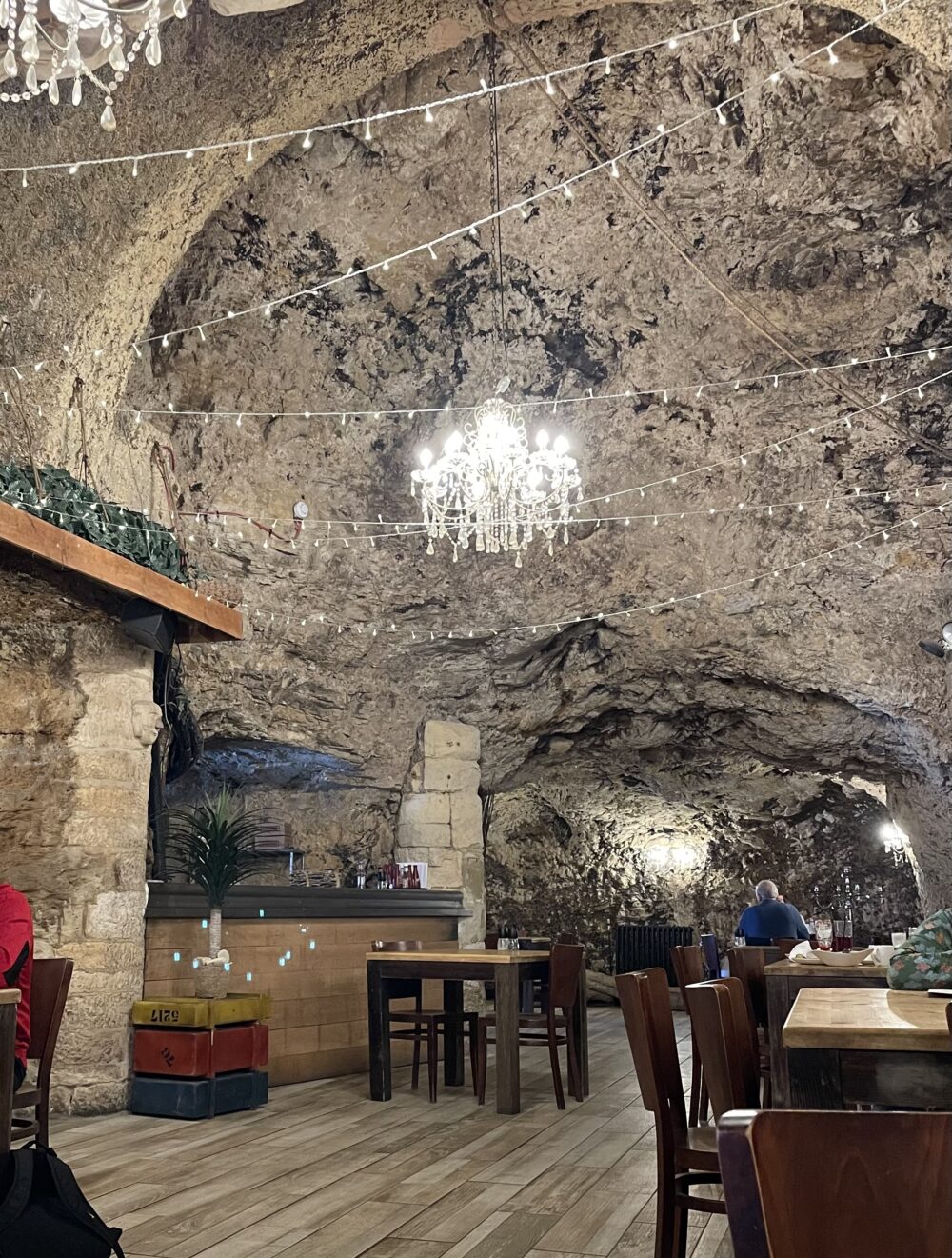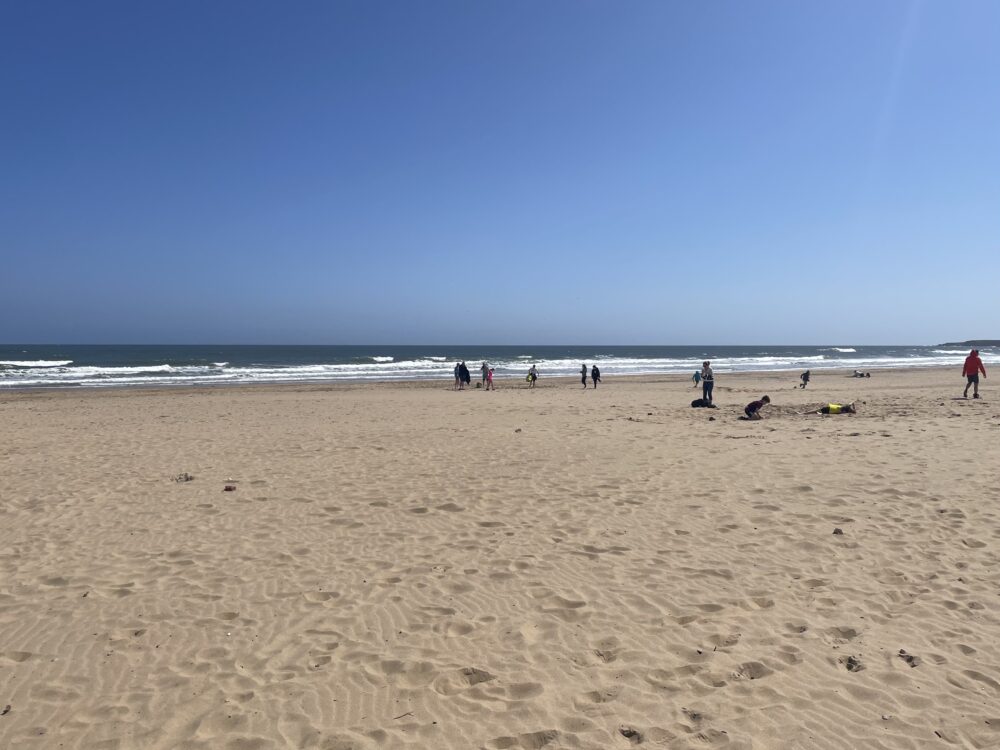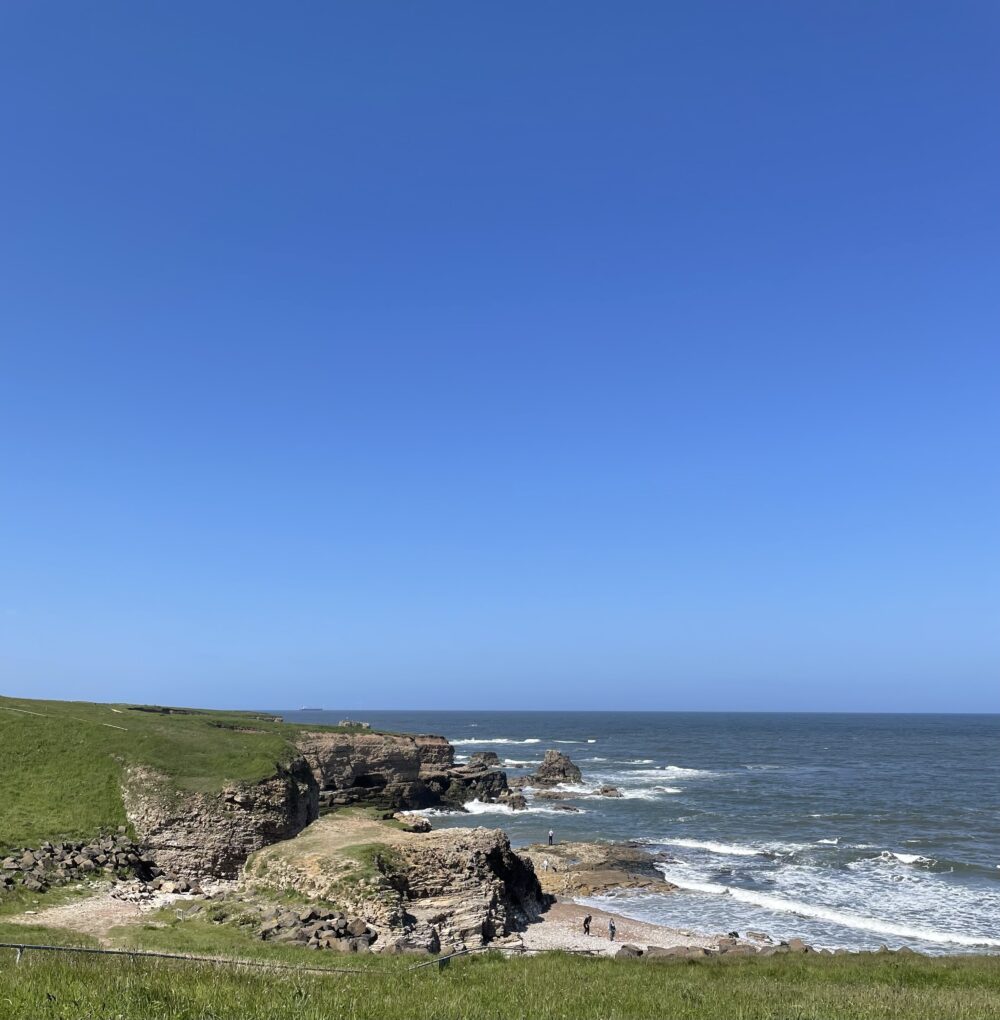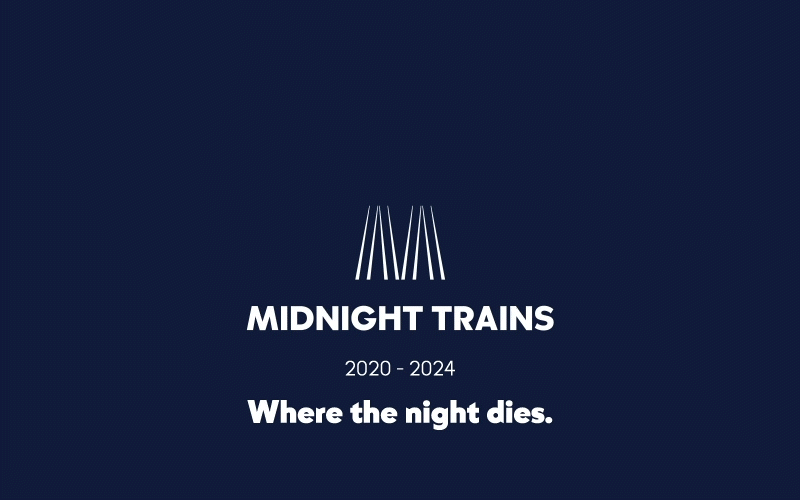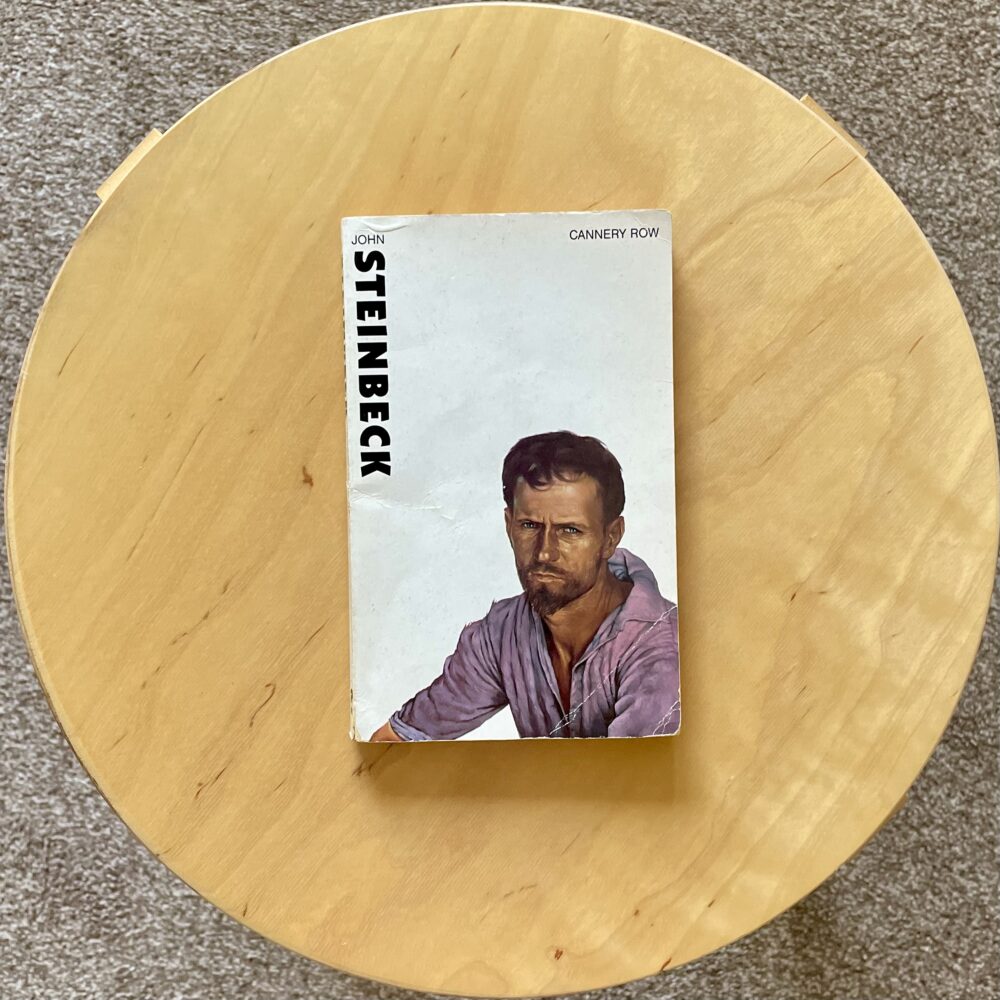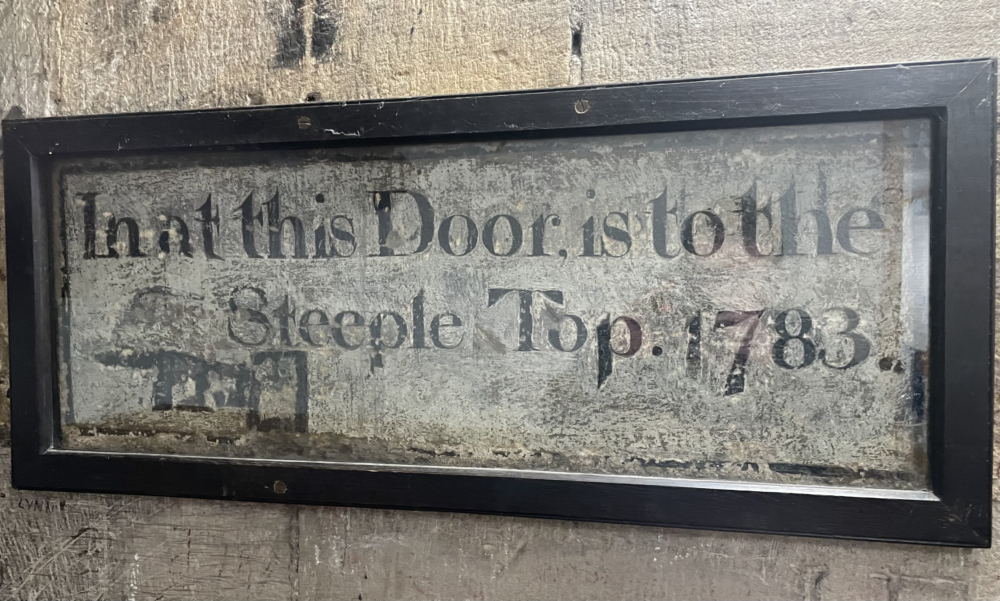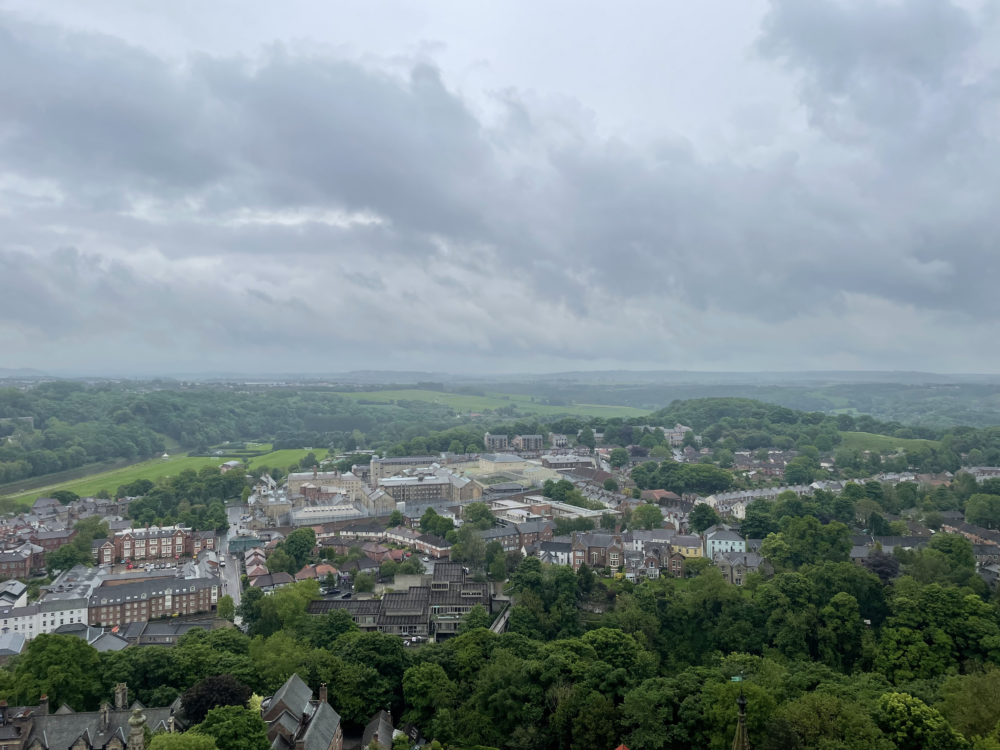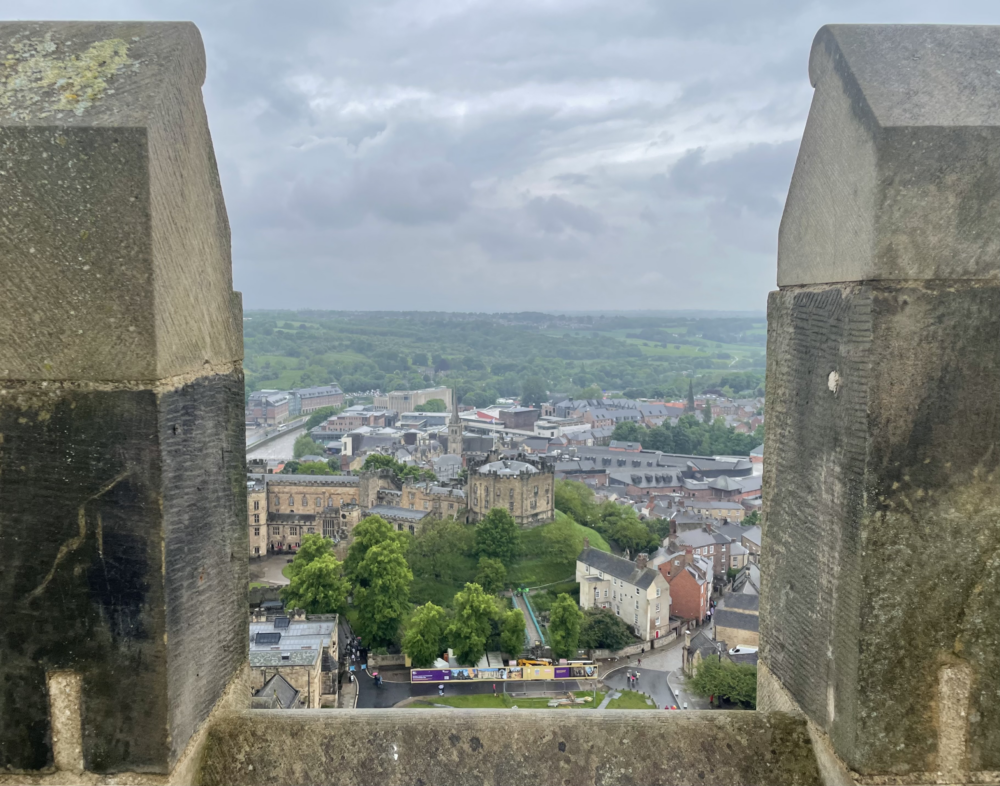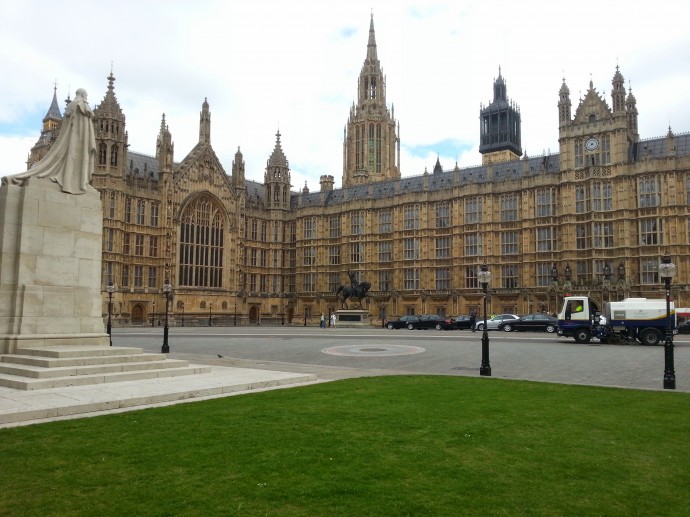‘Water’ by John Boyne
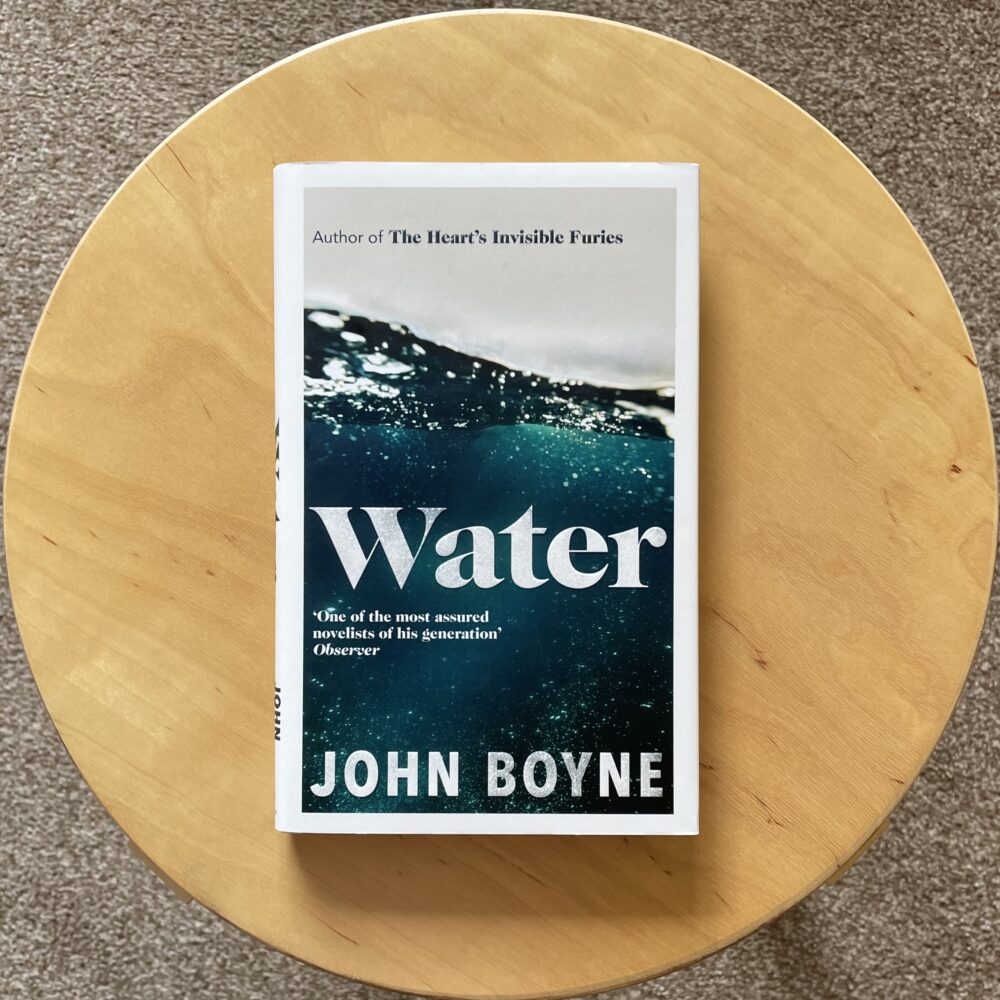
I’ve read a few of John Boyne’s novels over the years, and enjoyed them all. It was therefore no surprise at all that I enjoyed this short 2023 novel, the first of a promised quartet themed around the elements.
Set on an isolated Irish island, we follow 53-year-old Vanessa Carlin—who changes her name to Willow Hale right at the start—as she spends time coming to terms with the collapse of her family life. The collapse was caused by the actions of her husband, which are gradually revealed across the whole course of the novel, and in which the world assumes her to be complicit.
The arc of the novel, following Carlin/Hale’s retreat from the world, reminded me a lot of the non-fiction book Wintering by Katherine May—there is certainly a degree of thematic similarity between the two. It’s a novel about reflection, regret and recovery, as well as much more besides.
I enjoy Boyne’s writing for its deep interest in people: his characters seem complete and emotionally complex. I find his novels comforting, even while the content is often challenging, as I can be confident in his robust storytelling skill.
However, Boyne sometimes veers towards cliché in his expression of ideas. I’ve sometimes wondered whether this is a deliberate authorial choice to represent the way that real people often make sense of the world, or whether Boyne has a bit of a blind spot for cliché. In this book, a character reflects on the lack of a word for a parent who has lost a child: a clichéd observation that collapses after a moment’s thought about the speed of change in infant mortality rates versus the speed of the development of English. This stood out because I didn’t believe that the character would give in to that sort of cliché, which made me favour my blind spot theory over authorial intent.
But regardless: I thoroughly enjoyed this, and have already bought the second book of the quartet.
This post was filed under: What I've Been Reading, John Boyne, Katherine May.
